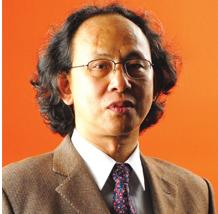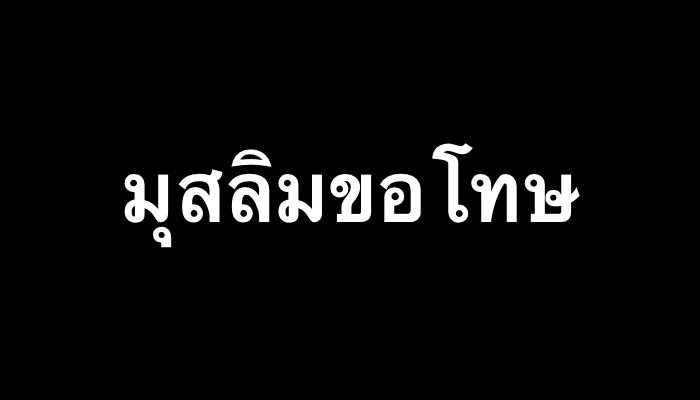Patani in the eye of Asean community
Kavi Chongkittavon, one of leading expert on Asean and international relations, speaks with Patani Forum about why Patani and the ongoing insurgency in Thailand's Malay-speaking south is a concern for Asean members and the rest of the international community. Here are the excerpts:


1. Why is the conflict in Thailand's southernmost provinces of Thailand important for ASEAN?
Over 60 per cent of ASEAN’s 600 million citizens are Muslim. So it is painful to witness Muslims living in Thailand who do not enjoy the same rights and livelihood. It is pivotal for ASEAN solidarity and the community-building to ensure that all citizens of all religions can live together and move the ASEAN community forward. Indonesia, Malaysia and Brunei are trying to help in whatever they can to help resolve this conflict but they can only do it informally.
2. Do you think ASEAN and the rest of the international community have a good understanding of the nature of the insurgency here?
No, I don’t think so. The history of conflict in the south of Thailand is quite unique and complicated. Just look at the various players on the ground who are now engaging in the insurgency. There are many groups with different purposes and agenda. Outsiders like to frame the situation in southern Thailand in ways they can understand.
3. What is their biggest concern? Why is peace and stability in southern Thailand important to them?
ASEAN wants all member countries to contribute to the community-building in the region. It is not possible if there are still injustice and people’s struggles in parts of the ASEAN Community. That helps explain why ASEAN is working on establishing additional mechanisms to resolve conflict and maintain peace apart from the substance contained in the Treaty of Amity and Cooperation.
4. How can the international community help?
These days the international community has an important role to play in facilitating dialogue and reconciliation process or even in topping tyrants in North Africa. However, direct conflicting parties must be ready to accept outside mediators, especially during the initial period. Eventually, they have to leave it to the local parties to work out their differences.
5. What about the neighboring countries like Malaysia, Indonesia and Brunei? What role can they play?
These Muslim nations are all ASEAN members. So, they can contribute to the peace process in the southern Thailand. But they have to work out their cooperation with theThai government of the day first. So far, Indonesia and Malaysia have done just that. Indonesia consulted Thailand when Jakarta wanted ASEAN to help with the peacekeeping in Timor Leste and Aceh.
6. You have visited the Malay-speaking South on several occasions. What is your impression of the area? Are you hopeful that the Thai state and the Malays of Patani can reconcile their differences?
The distinctive culture and lifestyle of the south impressed me the most. I always feel at home. I was born in Hatyai, Songkhla, a very multicultural city. So I have friends down in deep south. I was raised with the mixture of Thai, Malay and Chinese cultures. I am quite confident that in the end there will be a peaceful coexistent between the Thai state and the Malays of Patani. Before this objective is being achieved, both sides need to change their mindsets that what they are doing is not a zero-sum game. Otherwise, it would be difficult to work together for progress.






